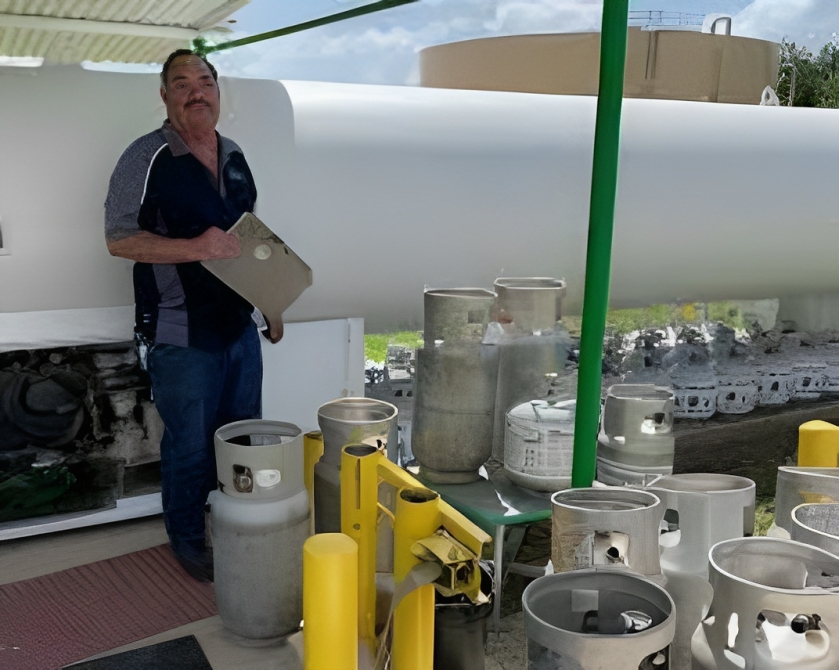Greening Propane Delivery: Steps to Environmental Responsibility

The propane industry, known for its clean energy reputation, is pushing boundaries by adopting green initiatives, significantly reducing its environmental footprint. Propane delivery businesses are at the forefront of this transformative journey, integrating sustainable practices into their operations. This commitment not only elevates their market position but also resonates with eco-conscious consumers. What are some of the various strategies propane delivery companies are employing to further their environmental impact? Read on…
The Environmental Impact of Propane Delivery
Propane, as a fuel, has established itself as a cleaner alternative to many traditional energy sources, contributing fewer emissions and pollutants to the environment. However, the delivery aspect of the business – comprising vehicle emissions, route inefficiencies, and energy usage in storage facilities – still poses environmental challenges. Addressing these concerns has become a priority for delivery businesses aiming to reduce their overall environmental impact.
Adopting Sustainable Practices
Modern propane delivery companies are taking definitive steps towards sustainability, understanding that environmental responsibility is both an ethical imperative and a competitive advantage. Below are key strategies being implemented:
1. Eco-Friendly Fleet Management:
Companies are transitioning to ‘green’ fleets – utilizing alternative fuels or electric vehicles, adopting fuel-efficient driving practices, and maintaining vehicles for optimal performance. This shift significantly reduces the carbon footprint associated with delivery logistics.
2. Route Optimization:
Advanced planning software is being employed to calculate the most efficient delivery routes, reducing unnecessary mileage and, consequently, emissions. This strategy also contributes to resource conservation, limiting fuel consumption and vehicle wear and tear.
3. Recycling and Waste Reduction:
Propane companies are minimizing waste by recycling materials used in operations, from office supplies to tank parts. Additionally, digitization efforts are reducing paper waste with companies opting for electronic communication and documentation.
4. Energy-Efficient Operations:
Investments in energy-efficient infrastructure, including storage facilities, offices, and equipment, are on the rise. These advancements contribute to lower energy consumption, aligning with broader environmental goals.
5. Sustainable Procurement:
Aligning with suppliers and manufacturers that adhere to sustainable practices is another approach. This method ensures that tanks, equipment, and even office supplies meet certain environmental standards, extending responsibility up the supply chain.
6. Community and Consumer Engagement:
Companies are also engaging customers and local communities in their green initiatives. Whether through educational programs about eco-friendly practices or participation in local environmental activities, this inclusive approach enhances public perception and environmental awareness.
The Ripple Effect of Green Initiatives
These proactive steps towards sustainability have a compounding effect. They not only contribute to a healthier environment but also influence other companies, customers, and industries. By demonstrating that environmental responsibility is a viable and profitable part of business strategy, propane delivery companies are playing a pivotal role in pushing the green agenda forward.
As they embrace these green initiatives, propane delivery businesses are setting new industry standards and shaping consumer expectations. The move towards sustainable practices reflects a future-focused mindset, acknowledging that the longevity and success of a business are increasingly tied to its environmental impact. This shift is not just a passing trend but a cornerstone of responsible business operations in the contemporary commercial landscape.
By leading with example, these companies underline a powerful message: environmental responsibility is everyone’s business, and even small changes can contribute to a significant impact. This proactive approach is setting the stage for a more sustainable and conscientious industry future.














